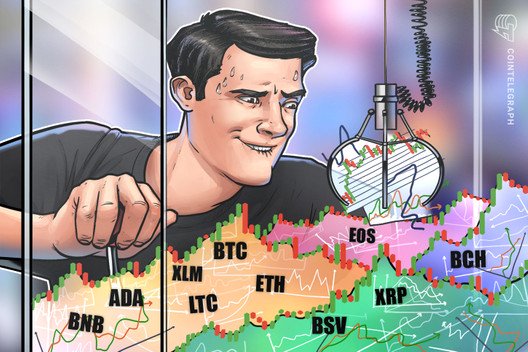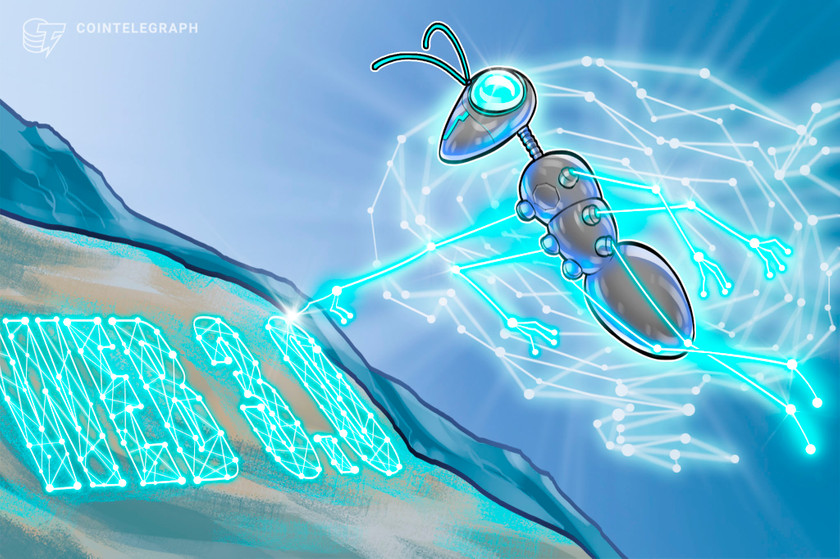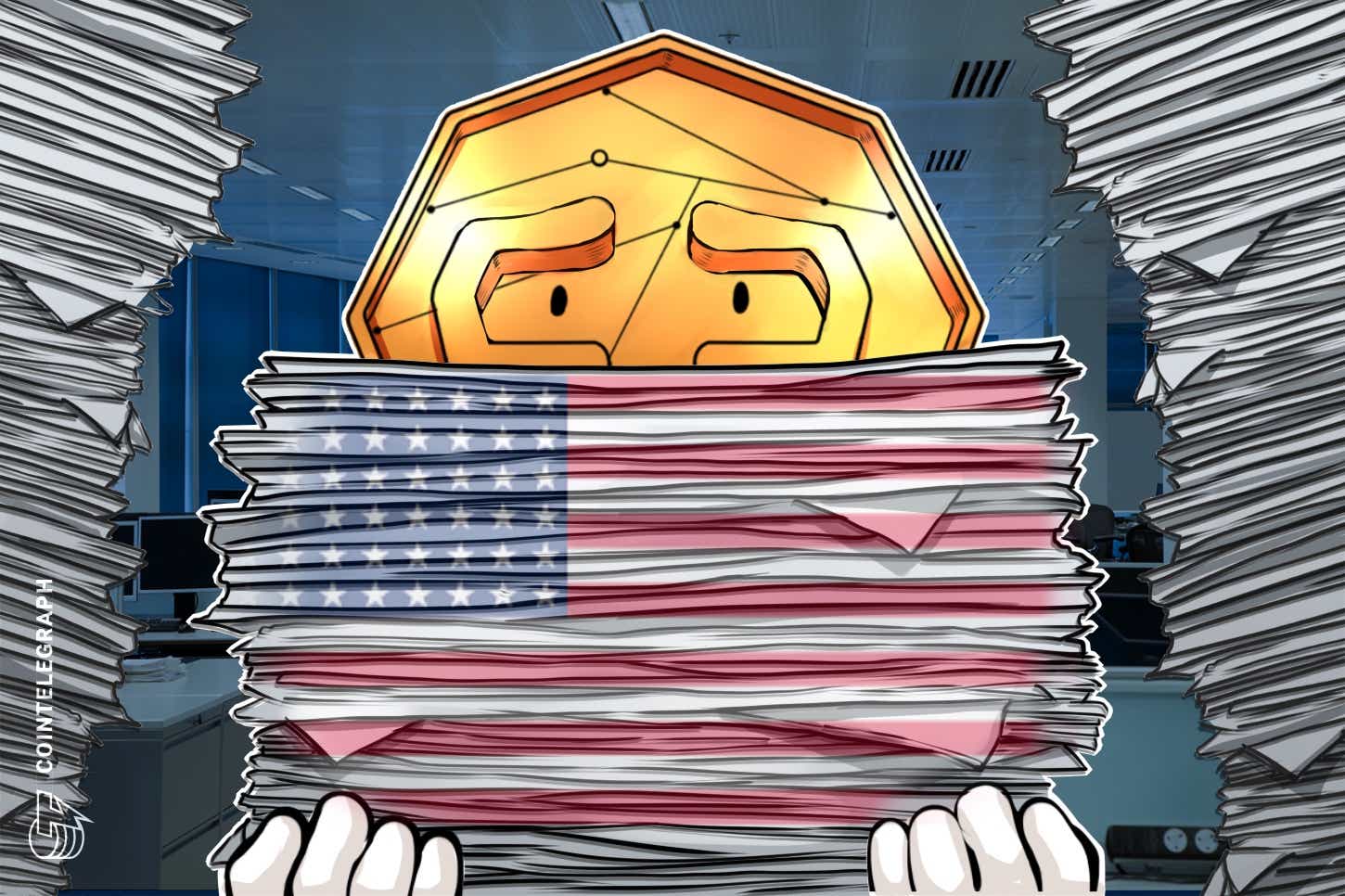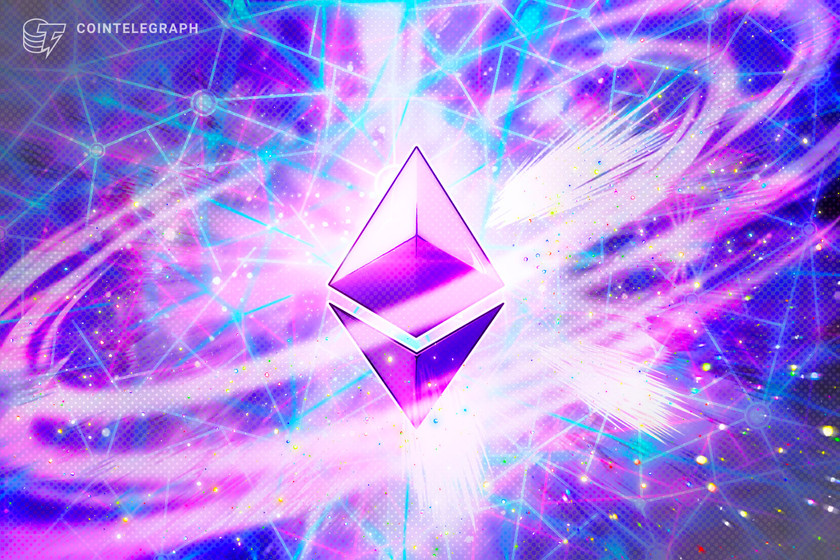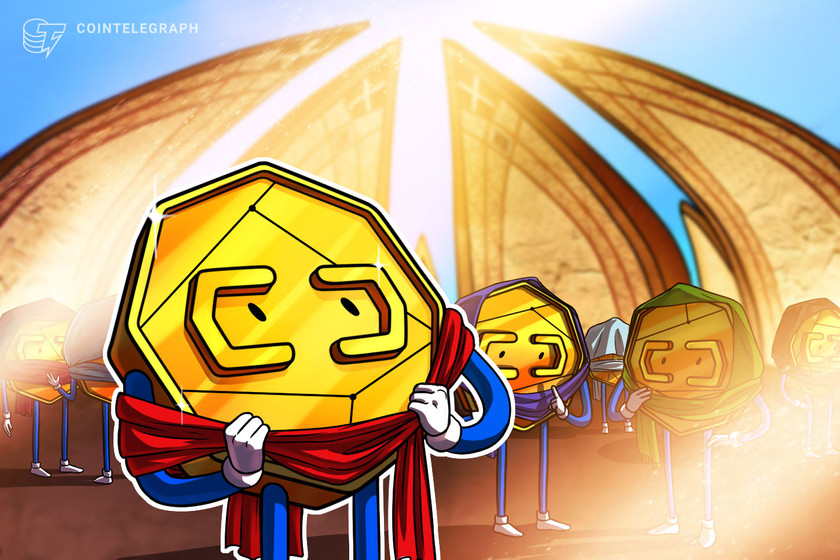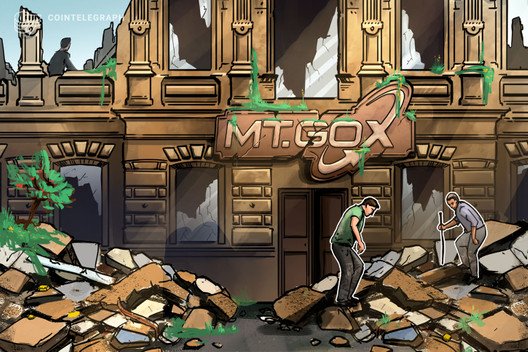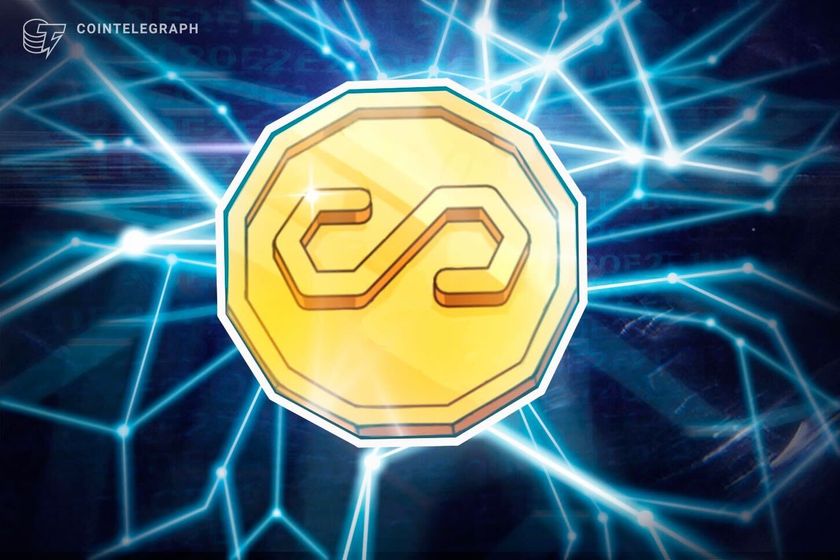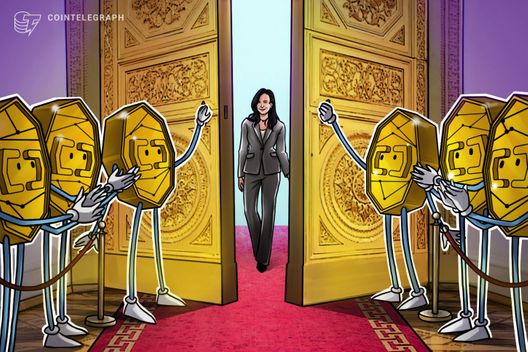Blockchain can make the infrastructure of new renewable energy markets across the Gulf Cooperation Council (GCC) more secure, resilient and cost-efficient, experts from United States-based tech consultancy firm Booz Allen Hamilton have said. Middle East business news site Al Bawaba reported the news on March 4.
The GCC — a regional political and economic union that includes all the Arab states of the Persian Gulf, except Iraq — reportedly aims to install 80 gigawatt (GW) of renewable energy capacity across its six member states by 2030, set to account for over half of the union’s existing conventional capacity.
In light of a global target to generate 50 percent of the world’s energy from renewable sources by 2050, Booz Allen Hamilton — which reported almost $5 billion in revenue in the first three quarters of fiscal 2019 — isolated blockchain as the most effective technology for meeting the considerable technical, governance and institutional challenges ahead.
Dr. Adham Sleiman — vice president at Booz Allen Hamilton, Middle East and North Africa — argued that the renewable energy sector is particularly well suited for the technology, as its system is a transactional one (electricity and fares) that currently relies on a central authority (utility operators), Al Bawaba notes.
With the rising popularity of distributed energy resources (DER), this structure is already tending toward greater intrinsic decentralization, according to Sleiman. He said:
“DER are changing the landscape; we are moving towards a more decentralised grid, where utilities no longer fully control the system. Utilities now need to look beyond energy delivery. Blockchain applications can help with enabling P2P energy trading, tracking renewable energy, and articulating smart contracts.”
According to Al Bawaba, the vice president continued to argue for the potential of transactive energy concepts that are well suited to blockchain innovation, which he identified as “a major disruptive change that the energy sector may face within the next 10 years.”
Rafael Mateo, a senior associate at the consultancy firm’s Dubai office, noted that both the Dubai Electricity and Water Authority (Dewa) and the Dubai Roads and Transport Authority (RTA) have both already been piloting blockchain and smart contract solutions.
For the energy sector as a whole, Mateo proposed that the implementation of tracking tools — such as the issuance renewable energy certificates to track energy flows — are an important precursor to full-fledged automation and decentralization.
As reported this January, major Spanish energy firm Iberdrola has begun using blockchain to monitor and track the sources of sustainable energy with an open source blockchain platform from the Energy Web Foundation (EWF). In November, the EWF had onboarded two units from German tech giant Siemens to promote the decentralization of the energy sector.
In Asia, South Korea’s largest power provider KEPCO is set to use blockchain to develop an eco-friendly microgrid, and Singaporean utility firm SP Group launched a blockchain marketplace to trade solar energy last fall.

